So you’re moving out on your own for the first time? Man, I remember that feeling – equal parts terrifying and exciting. I was so clueless when I moved into my first apartment that I literally forgot to pack a can opener and spent my first night eating cold ravioli straight from the can with a spoon. Not my finest moment.
After helping friends move more times than I can count (and moving myself way too many times), I’ve picked up some tricks that would’ve saved me a lot of headaches back then. Let me share what actually works in the real world.
You Need Way More Time Than You Think
Seriously, start planning this thing at least two months out. I know that sounds crazy, but here’s what happened to me: I thought I could plan my first move in two weeks. Moving mistakes to avoid.
The moving truck I wanted? Booked solid. The boxes from the liquor store? Gone before I got there. My friends who promised to help? Suddenly, everyone had “prior commitments” when I asked them last minute.
Here’s what you actually need time for:
- Finding a decent moving truck that doesn’t cost a fortune.
- Collecting enough boxes (and trust me, you need more than you think).
- Actually going through all your stuff.
- Getting your utilities switched over.
- Cleaning your old place well enough to get your deposit back.
I learned this the hard way, but you don’t have to. Give yourself eight weeks minimum, and you’ll actually sleep the night before your move instead of panicking at 2 AM.
Money Will Disappear Faster Than Free Pizza
Let’s talk about money because nobody warned me how expensive moving actually is. You think about the big stuff – truck rental, deposit, first month’s rent. But then there’s all this other stuff that adds up fast.
I spent $30 on bubble wrap. Thirty dollars! For plastic with air in it! Then there was gas for the truck, lunch for everyone helping, cleaning supplies, more tape because I ran out, and a tip for the guys who helped carry my couch up three flights of stairs.
My advice? Whatever you budget, add another $200-300 on top. You’ll spend it, guaranteed. And keep some cash handy – you’ll need it for tips, last-minute supplies, or that pizza you’ll definitely end up ordering.
Get Rid of Stuff You Don’t Actually Need
This is where I really messed up the first time. I moved a broken printer. A BROKEN PRINTER. Because I thought I might fix it someday. Spoiler alert: I threw it away six months later without ever touching it.
Before you pack a single box, go through everything and be ruthless. That shirt you haven’t worn since high school? The blender you used once for a smoothie phase that lasted exactly one week? The stack of magazines you’re totally going to read someday?
Gone. All of it.
Here’s a trick that actually works: If you haven’t used something in the past year, take a photo of it and get rid of it. If you can’t even remember taking the photo in six months, you definitely didn’t need the item.
Have a yard sale, post stuff online, or donate it. I made $200 selling stuff I was about to pay to move. Best decision ever.
Packing Is an Art Form (Kind Of)
Nobody tells you there’s actually a strategy involved in putting things in boxes. I just threw stuff in random boxes, my first time and spent weeks trying to find my coffee maker. Learn from my caffeine-withdrawal mistakes.
Pack backwards from how you normally think. Start with the stuff you never use – books, winter clothes in summer, that fancy china your aunt gave you. Pack the stuff you use every day, literally the day before you move.
Label your boxes like you’re leaving instructions for a stranger. Don’t write “bedroom stuff.” Write “bedroom: sheets, pillows, lamp from nightstand.” Future you will want to kiss past you for this level of detail.
Make a box that’s just for your first day in the new place. Toilet paper (seriously, don’t forget this), phone charger, change of clothes, toothbrush, and some snacks. Maybe throw in some ibuprofen too – you’re gonna need it.
One more thing – use your clothes and towels to wrap fragile stuff. You’re moving them anyway, and it saves you from buying a ton of bubble wrap.
The Paperwork Mountain
This part is boring but super important. I almost had my credit card canceled because I forgot to update my address. That would’ve been a fun conversation.
You need to tell basically everyone where you’re moving:
- Your bank and all your credit cards.
- Insurance companies (car, health, renters – get renters insurance if you don’t have it).
- Your job’s HR department.
- The IRS and your state tax people.
- Netflix, Amazon, whatever subscriptions you have.
- Your doctor, dentist, and vet if you have pets.
Call the utility companies at your new place at least two weeks before you move. I once moved into a place with no electricity because I thought “someone else would handle it.” Nope. That someone else was me.
How to Actually Move Your Stuff?
You’ve got a few options here, and they all have pros and cons.
Doing it yourself with a rental truck is cheapest, but you need friends with strong backs and someone brave enough to drive a giant truck. I’ve done this route – it’s exhausting but doable if you have good help.
Professional movers cost more but they know what they’re doing. They can move your couch in ten minutes while it takes you and three friends an hour. Get quotes from a few companies and make sure they’re legit.
There’s also a middle ground – hire movers just for the big furniture and handle boxes yourself. This worked great for my last move.
Sometimes you’ll realize you have more stuff than space in your new place. We’ve got storage units that can help bridge that gap while you figure out what actually fits in your new home. It’s way better than cramming everything in and feeling overwhelmed from day one.
Moving Day Will Be Chaos
Accept this fact now: moving day will not go according to plan. Something will go wrong, someone will be late, and you’ll probably want to cry at least once. This is completely normal.
Pack a survival kit: water, snacks, phone chargers, basic tools, cash for tips, and some pain reliever. You’ll use all of it.
Take pictures of how your electronics are connected before you unplug everything. I once spent two hours trying to figure out why my TV wasn’t working because I couldn’t remember which cable went where.
If you’re renting, do a final walkthrough with your landlord and take photos of everything. Protect that security deposit like your life depends on it.
Getting Settled In
Once you’re in your new place, don’t try to unpack everything in one day. You’re tired, you’re overwhelmed, and you’ll make decisions you regret later.
Focus on the basics: set up your bed (you need somewhere to sleep), unpack enough kitchen stuff to make coffee and basic meals, and find your clean clothes for work tomorrow.
Everything else can wait. I lived with boxes for a month in my first place, and it was fine. Use that time to figure out how you actually want to organize your space.
The Real Talk
Your first common moving is going to be stressful. You’ll forget something important, make at least one stupid mistake, and probably spend more money than you planned. This is all completely normal and part of the experience.
I forgot to pack toilet paper, moved a broken printer, and somehow lost one sock from every pair I owned in the process. But I also learned a ton, and my next move was infinitely smoother.
The important thing is to stay flexible and keep your sense of humor. In five years, you’ll be helping some other first-time mover and sharing your own disaster stories. And honestly? Those stories make the best memories later on.
Moving is just the beginning of your adventure in your new place. Focus on that exciting part, and everything else will fall into place eventually.



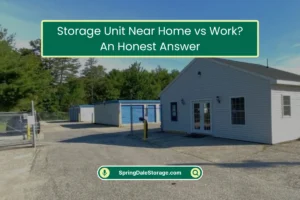
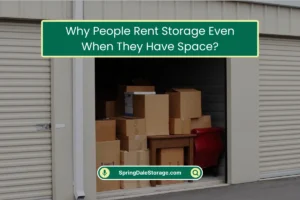
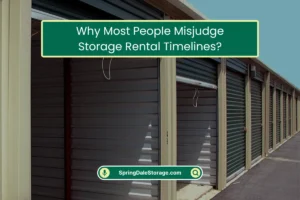
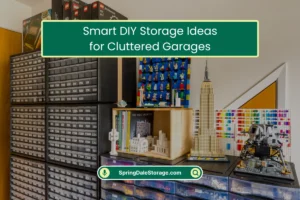
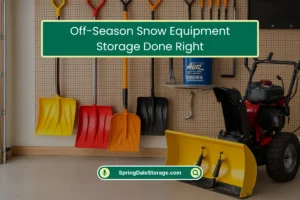
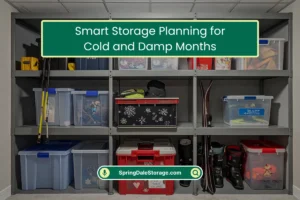
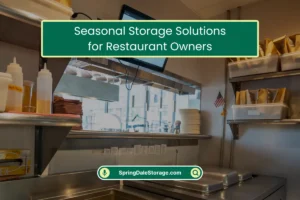
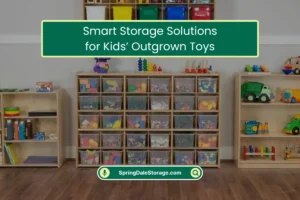


0 Comments